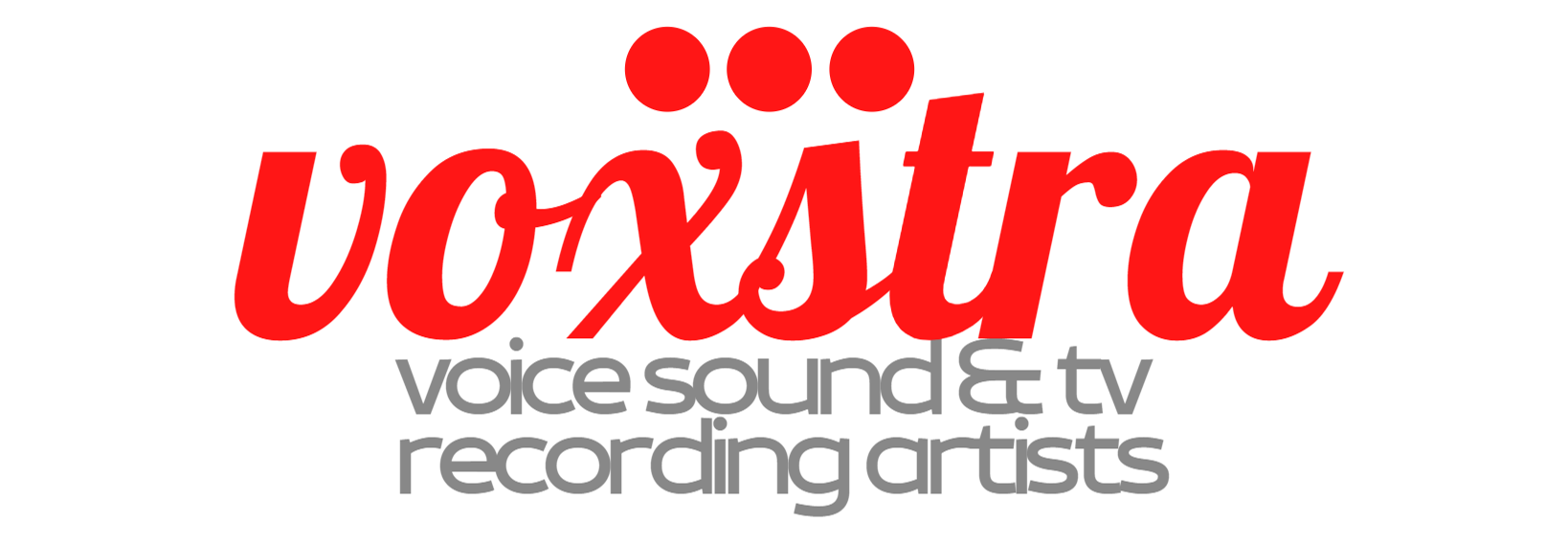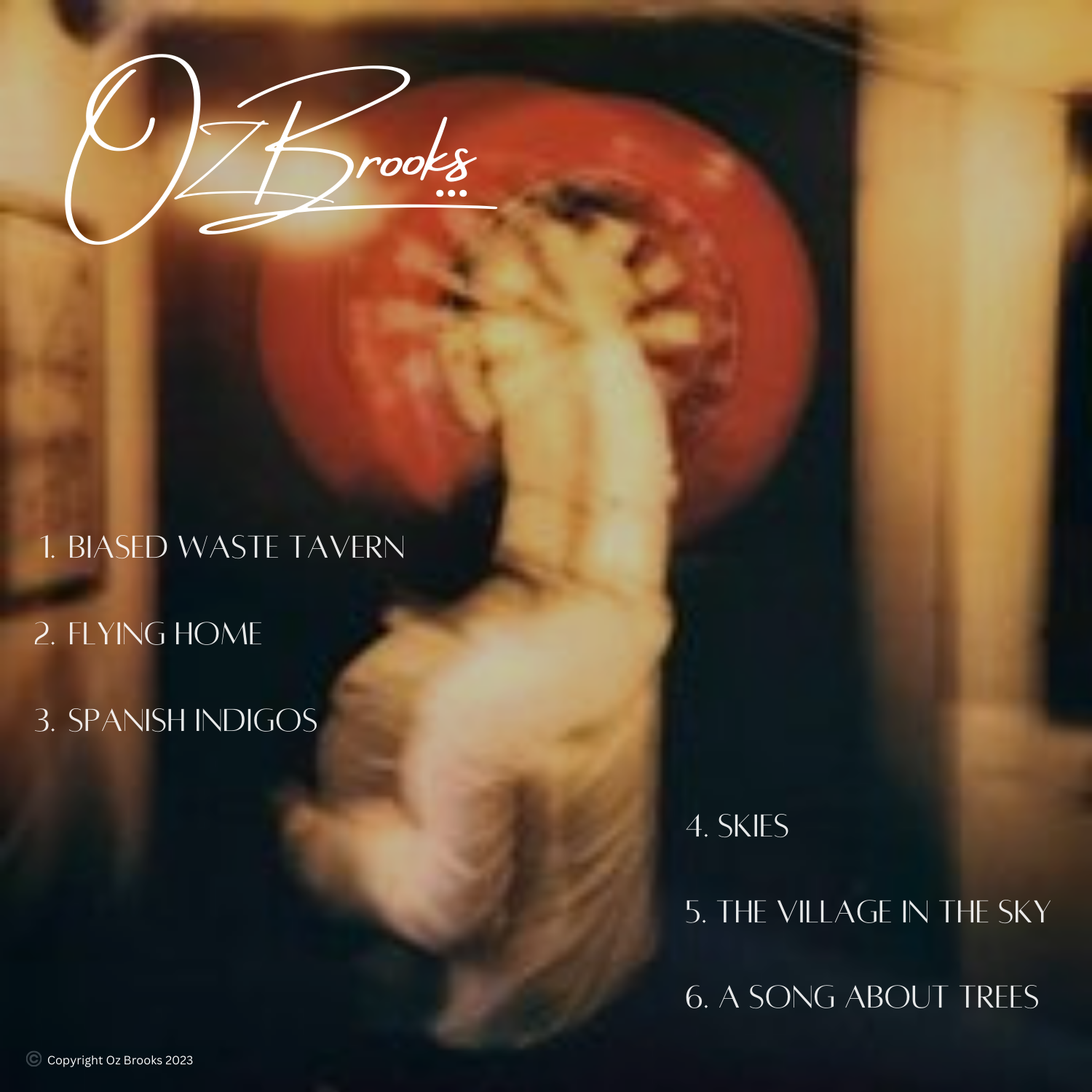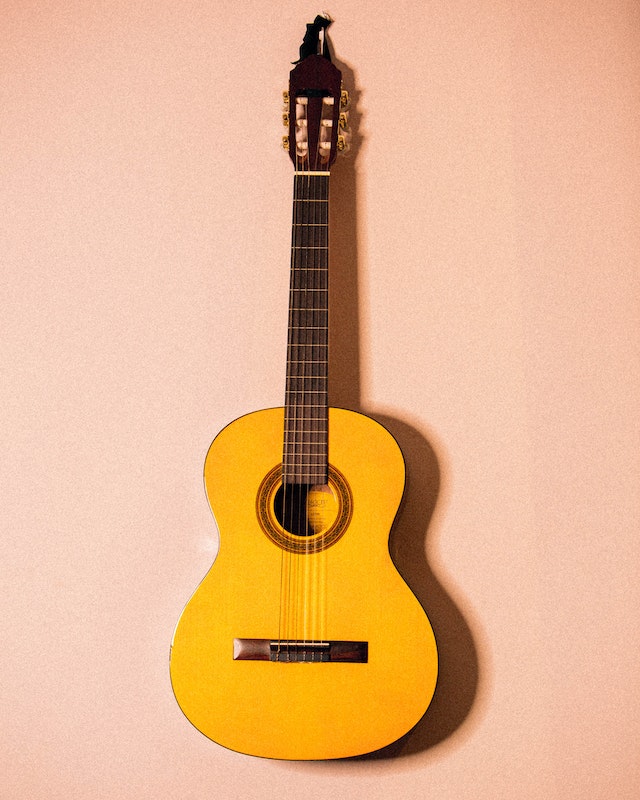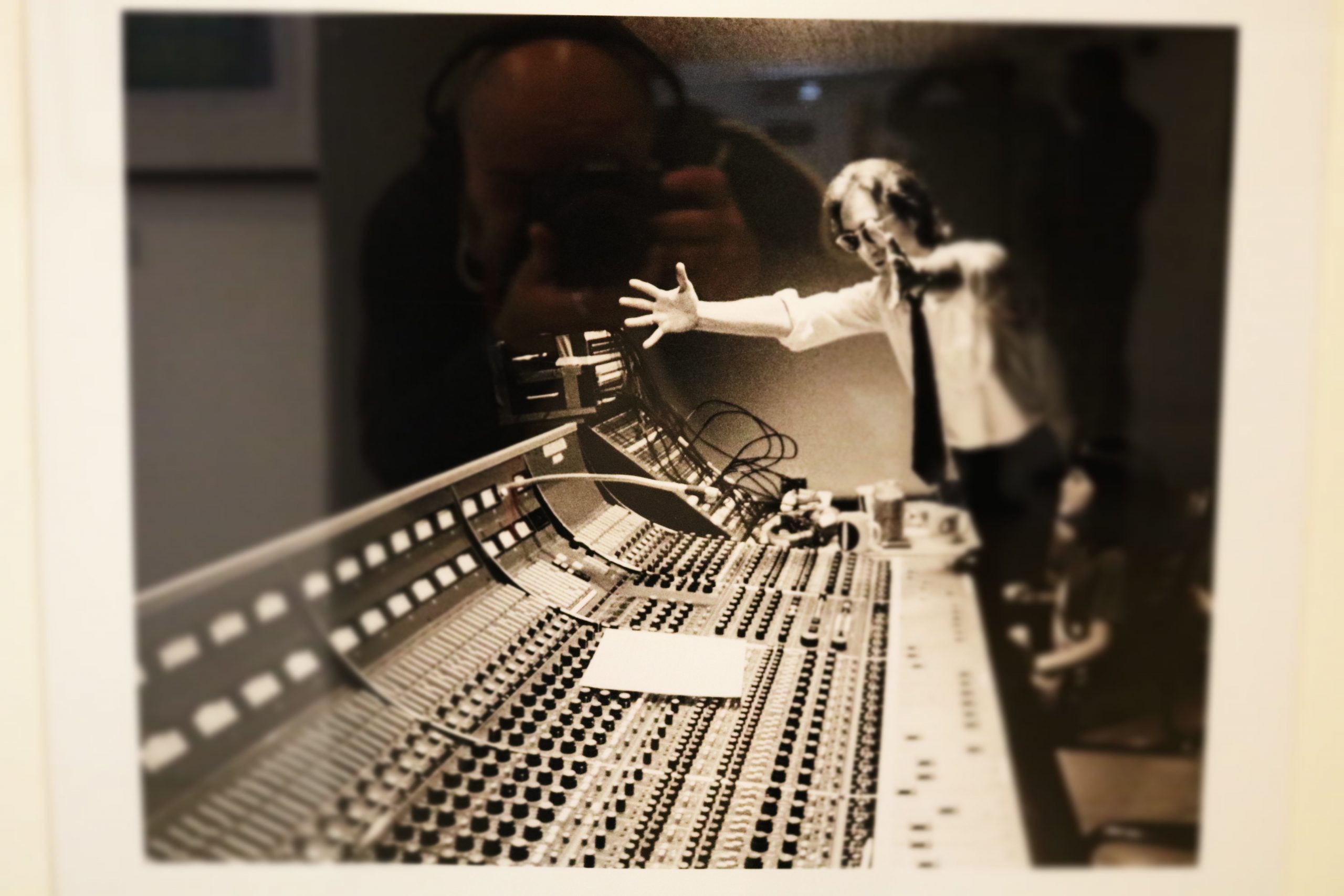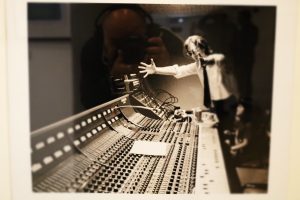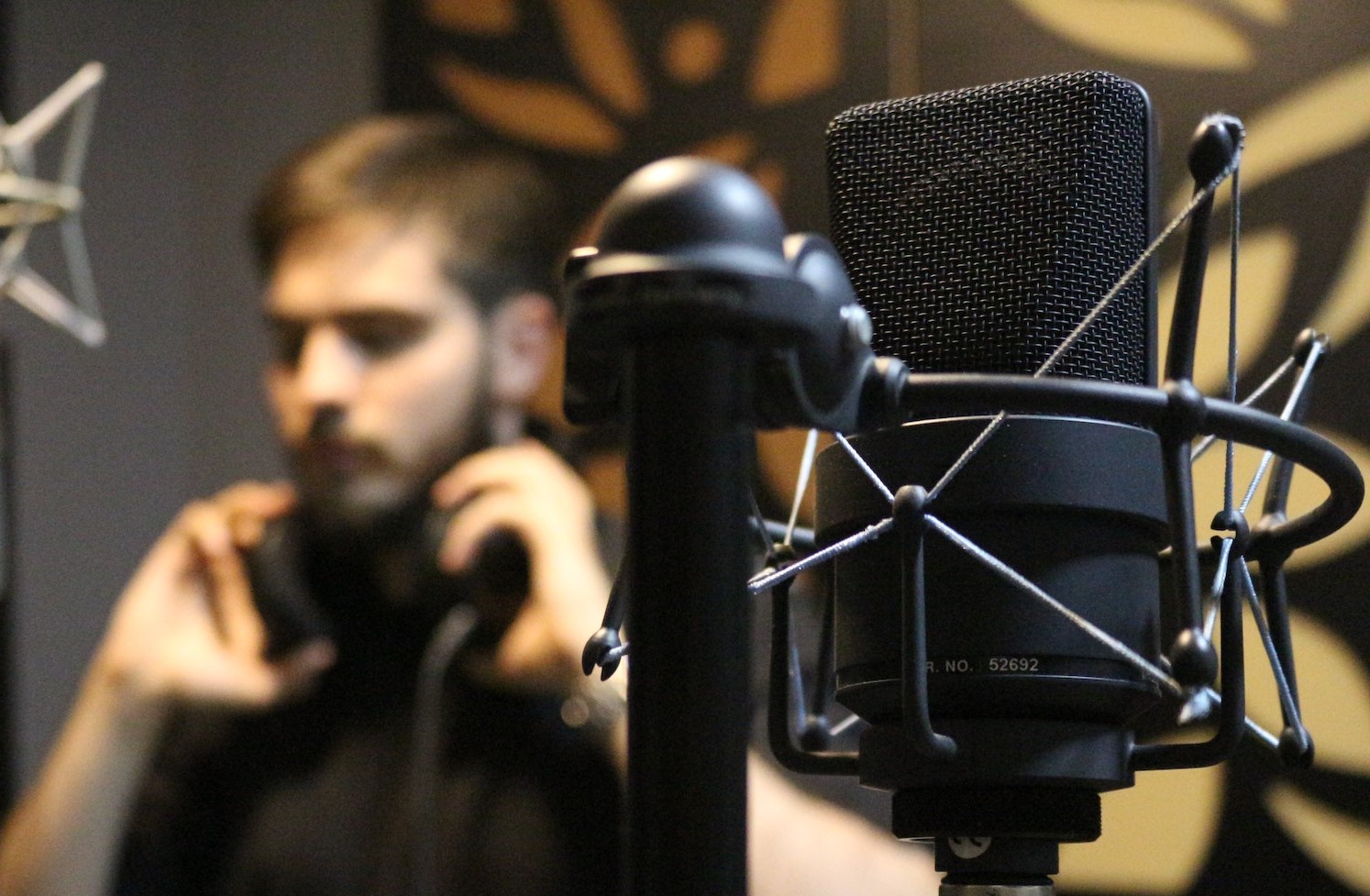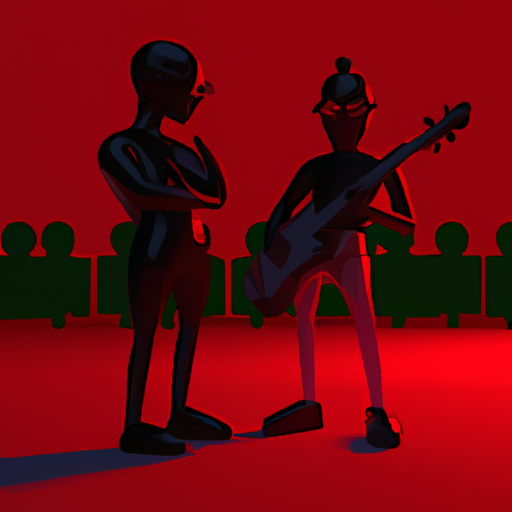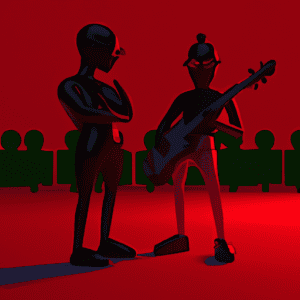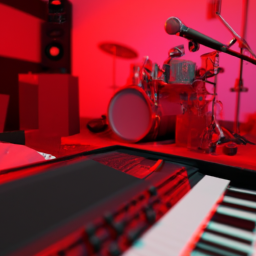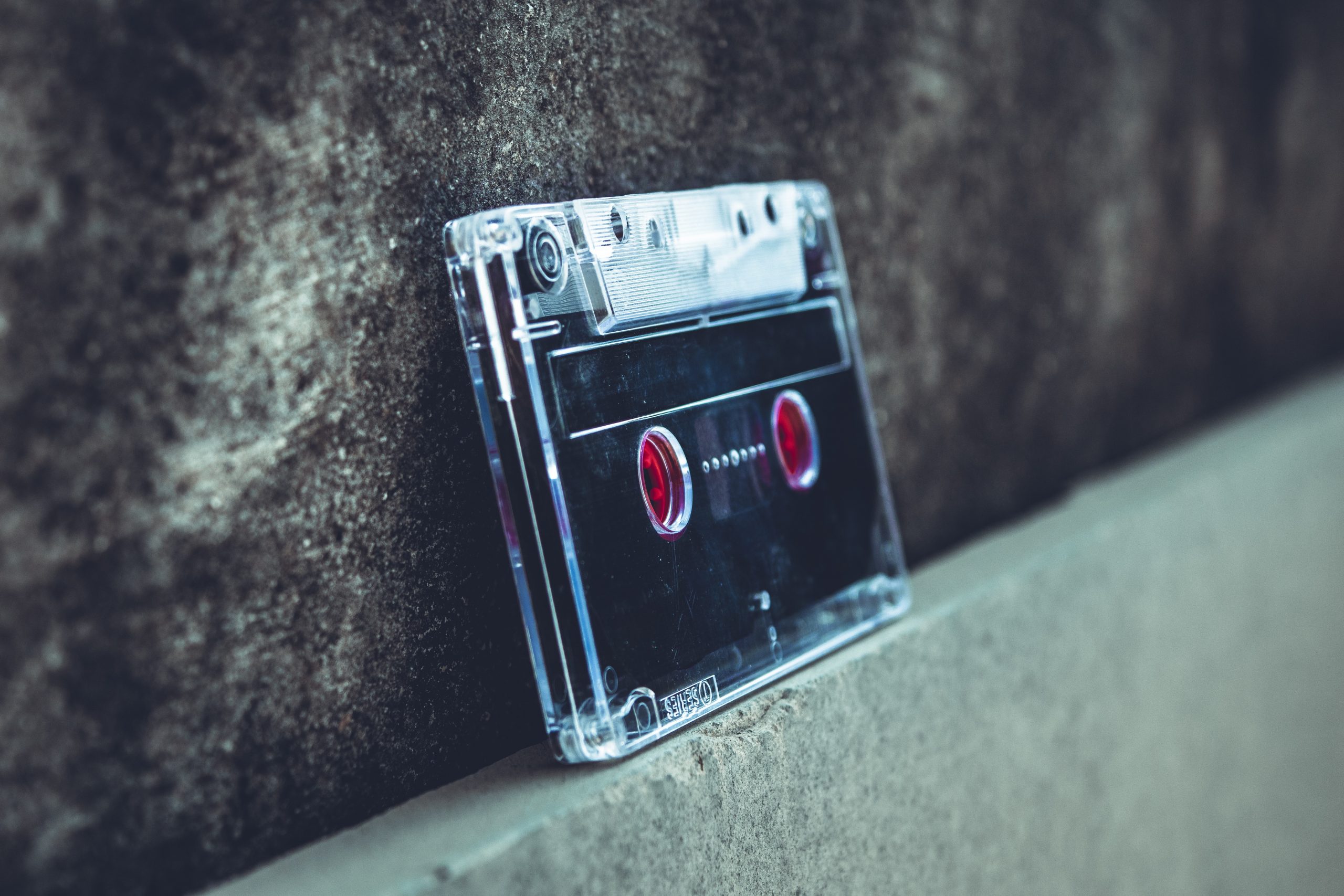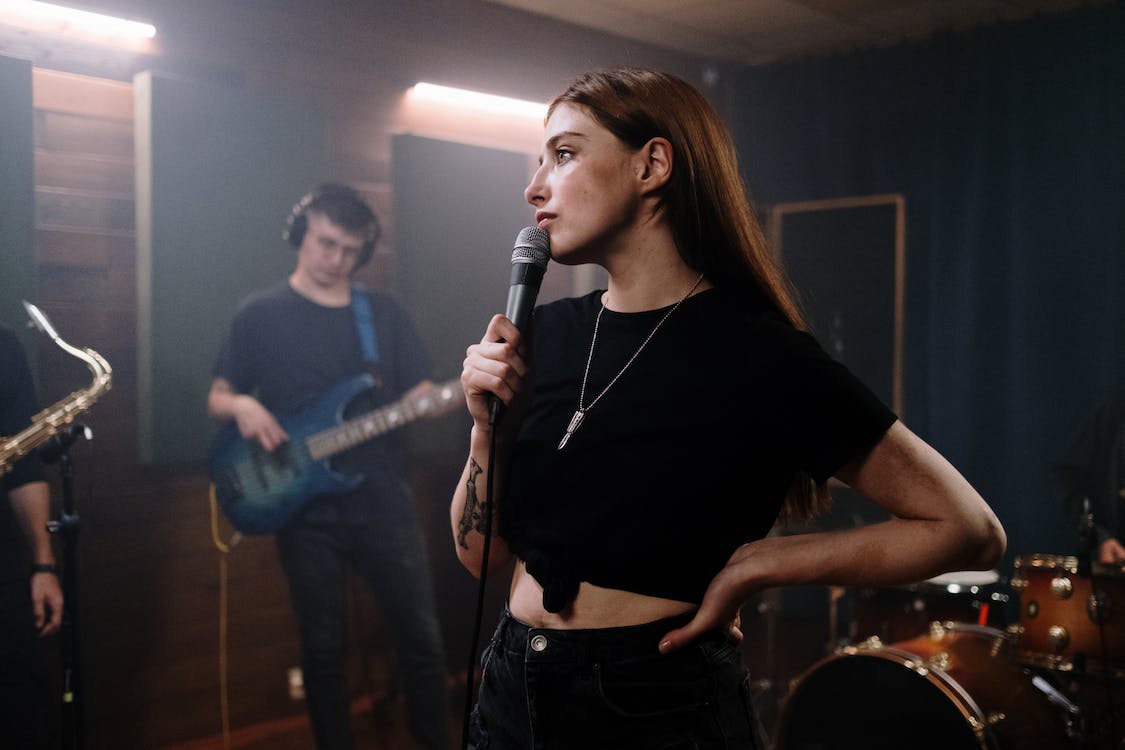Overview of the Music Business: Structure and Dynamics
The music business is a complex and ever-evolving industry. It is composed of many different components, including artists, record labels, publishers, distributors, promoters, and retailers. The structure and dynamics of the music business have changed significantly over the years, and continue to do so.
At the core of the music business is the artist. They are the creative force behind the music, and the ones who are ultimately responsible for its success. They are the ones who write and perform the songs, and are often the ones who are responsible for the promotion and marketing of their music.
Record labels are responsible for signing and promoting artists, as well as producing and distributing their music. They are also responsible for securing deals with radio stations, streaming services, and other outlets to get the music out to the public. Record labels are often the ones who are responsible for the financial side of the music business, such as collecting royalties and negotiating contracts.
Publishers are responsible for the publishing rights of the music. They are the ones who control the rights to the music, and are responsible for licensing the music to various outlets, such as radio stations, streaming services, and television shows. They are also responsible for collecting royalties from these outlets.
Distributors are responsible for getting the music out to the public. They are the ones who physically distribute the music to retailers, such as record stores, digital music stores, and streaming services. They are also responsible for collecting royalties from these outlets.
Promoters are responsible for getting the music out to the public. They are the ones who book shows, create press kits, and do other promotional activities to get the music out to the public.
Retailers are responsible for selling the music to the public. They are the ones who physically sell the music, such as record stores, digital music stores, and streaming services. They are also responsible for collecting royalties from these outlets.
The structure and dynamics of the music business are constantly changing. As technology advances, new outlets for music are created, and new ways of promoting and distributing music are developed. The music business is a complex and ever-evolving industry, and it is important to stay up to date on the latest trends and developments.
Music Business Copyright Law and Licensing
Music copyright law and licensing is an important part of the music industry. This a complex area of law that governs the use of music and the rights of those who create it.
This copyright law protects the rights of composers, songwriters, performers, producers, and other music creators. It gives them the exclusive right to control the use of their work. This includes the right to reproduce, distribute, perform, and adapt their work. It also gives them the right to receive royalties when their work is used.
Music licensing is the process of obtaining permission from the copyright holder to use their work. It is a legal agreement between the copyright holder and the user that sets out the terms and conditions of the use. It’s important to obtain a license before using someone else’s work, as it ensures that the copyright holder is compensated for their work.
There are two main types of music licenses: mechanical licenses and synchronization licenses. A mechanical license is used when a song is reproduced and distributed, such as when a song is recorded on an album or downloaded from a streaming service. A synchronization license is used when a song is used in a film, television show, or video game.
When obtaining a license, it is important to consider the scope of the license. This includes the type of use, the duration of the license, and the territory in which the license applies. It is also important to consider the royalty rate, which is the amount of money that must be paid to the copyright holder for the use of their work.
Music copyright law and licensing is an important part of the music industry, and a complex area of law that governs the use of music and the rights of those who create it. It is important to obtain a license before using someone else’s work, as it ensures that the copyright holder is compensated for their work,and it is also important to consider the scope of the license, including the type of use, the duration of the license, and the royalty rate.
The Role of Music Streaming Services
Music streaming services have revolutionized the way people listen to music. In the past, people had to purchase physical copies of music, such as CDs, cassettes, and vinyl records, in order to listen to their favorite songs. With the advent of music streaming services, however, people can now access a vast library of music without having to purchase physical copies.
Streaming services allow users to listen to music on demand. Instead of having to purchase physical copies of music, users can simply log into their streaming service account and listen to whatever they want. This has made it much easier for people to discover new music, as they can search for songs by genre, artist, or album. Additionally, streaming services often have curated playlists and radio stations that can help users find new music.
These services also provide users with access to exclusive content. Many streaming services have exclusive deals with certain artists, allowing them to offer their music exclusively on their platform. This helps to promote the artist and encourages people to sign up for the streaming service. Additionally, streaming services often have exclusive concerts and other events that are only available to subscribers.
Finally, music streaming services are incredibly convenient. Instead of having to purchase physical copies of music, users can simply log into their streaming service account and listen to whatever they want. This makes it much easier for people to access their favorite music, as they can access it from any device with an internet connection.
Overall, music streaming services have revolutionized the way people listen to music. With the ability to access a vast library of music on demand, exclusive content, and the convenience of being able to access music from any device, music streaming services have made it much easier for people to enjoy their favorite songs.
Artist Rights and Royalties in the Music Business
Rights and Royalties are an important part of the music industry. They refer to the rights and payments that are due to the artist for their work. These rights and payments are typically negotiated between the artist and the record label, publisher, or other party involved in the production of the music.
These ‘Artist Rights’ are the legal rights that an artist has over their work. These rights are typically established in a contract between the artist and the record label or publisher. Artist Rights include the right to reproduce the work, the right to perform the work publicly, the right to distribute the work, and the right to make derivative works. These rights are important for an artist to protect their work and ensure that they are properly compensated for their work.
Royalties are payments that are due to the artist for the use of their work. These payments are typically negotiated between the artist and the record label or publisher. Royalties are typically paid on a per-play or per-download basis, and can vary depending on the type of music and the platform it is being used on. Royalties are important for an artist to ensure that they are properly compensated for their work.
Rights and Royalties are an important part of the music industry. They are essential for an artist to protect their work and ensure that they are properly compensated for their work. It is important for an artist to understand their rights and to negotiate a fair and equitable deal with the record label or publisher.
Challenges and Opportunities in the Music Industry
The music industry is an ever-evolving landscape, and as technology continues to advance, so do the challenges and opportunities that come with it. With the rise of streaming services, the way people consume music has changed drastically, and the industry has had to adapt to keep up.
One of the biggest challenges facing the music industry is piracy. Piracy has been a problem for the industry for decades, and it continues to be a major issue. With the rise of the internet, it has become easier than ever for people to illegally download and share music without paying for it. This has caused a significant decrease in revenue for the industry, and it is something that must be addressed if the industry is to remain viable.
Another challenge is the changing nature of the industry. With the rise of streaming services, the traditional model of selling physical albums and singles has been replaced by a more digital-focused approach. This has caused some disruption in the industry, as artists have had to adapt to the new way of doing things.
Despite these challenges, there are also many opportunities in the music industry. With the rise of streaming services, there are now more ways than ever for artists to reach their fans and make money from their music. Streaming services such as Spotify and Apple Music have made it easier than ever for artists to get their music out there and make money from it.
In addition, the internet has made it easier for artists to promote their music and build a fanbase. Social media platforms such as Twitter, Instagram, and YouTube have made it easier for artists to connect with their fans and promote their music. This has opened up a whole new world of opportunities for artists to reach a wider audience and make money from their music.
Overall, the music industry is a constantly changing landscape, and it is important for artists to stay up to date with the latest trends and technologies. There are both challenges and opportunities in the industry, and it is up to the artists to take advantage of them and make the most of them. Have a look at the resources offered by Voxstra, helping you to help yourself.
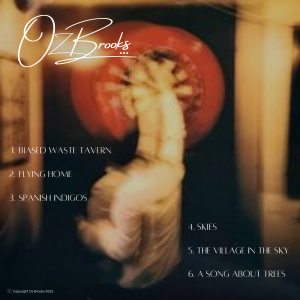 Unveiling Oz Brooks ‘Biased Waste Tavern’: A Journey into Authentic Musical Craftsmanship
Unveiling Oz Brooks ‘Biased Waste Tavern’: A Journey into Authentic Musical Craftsmanship

